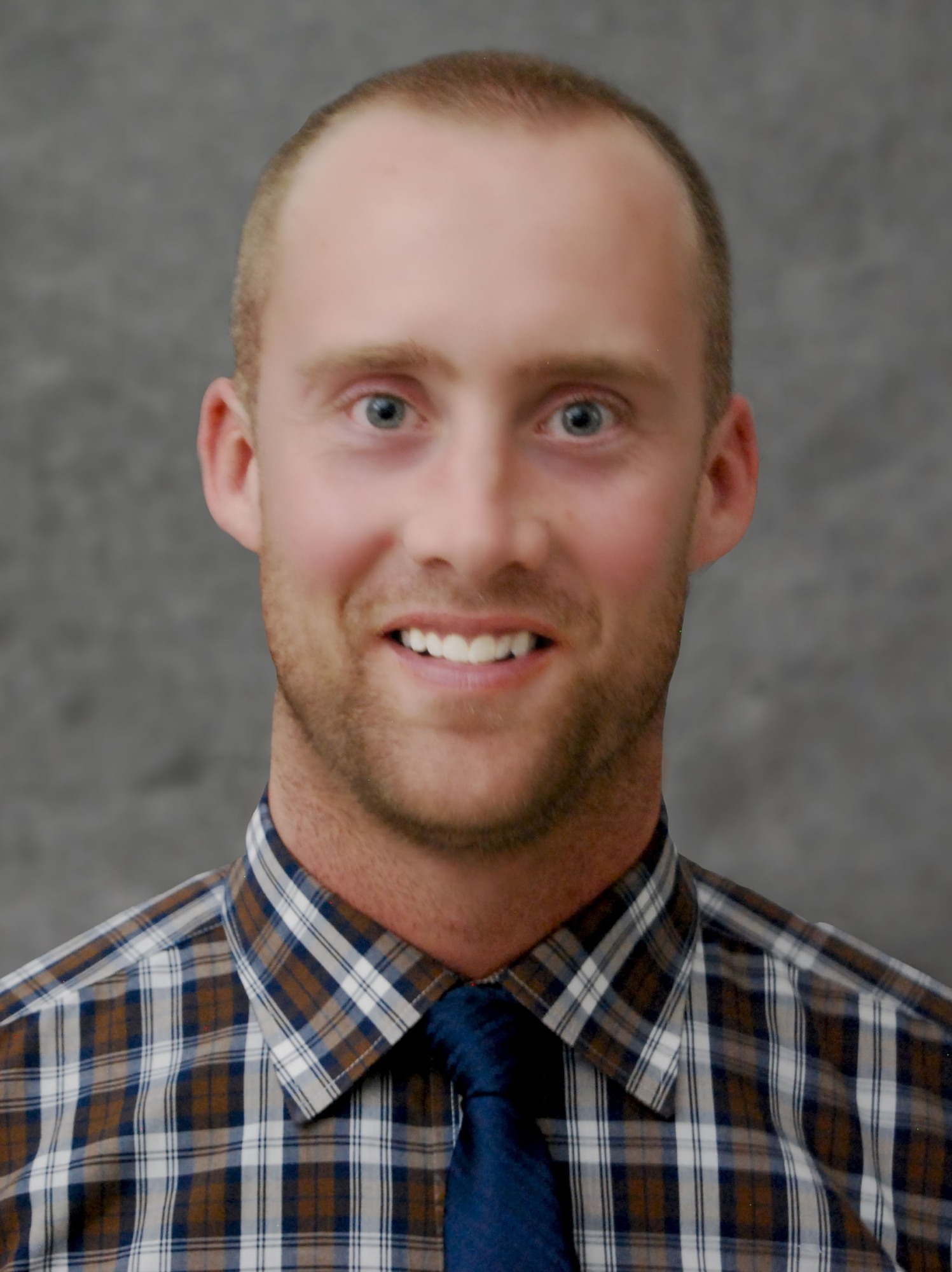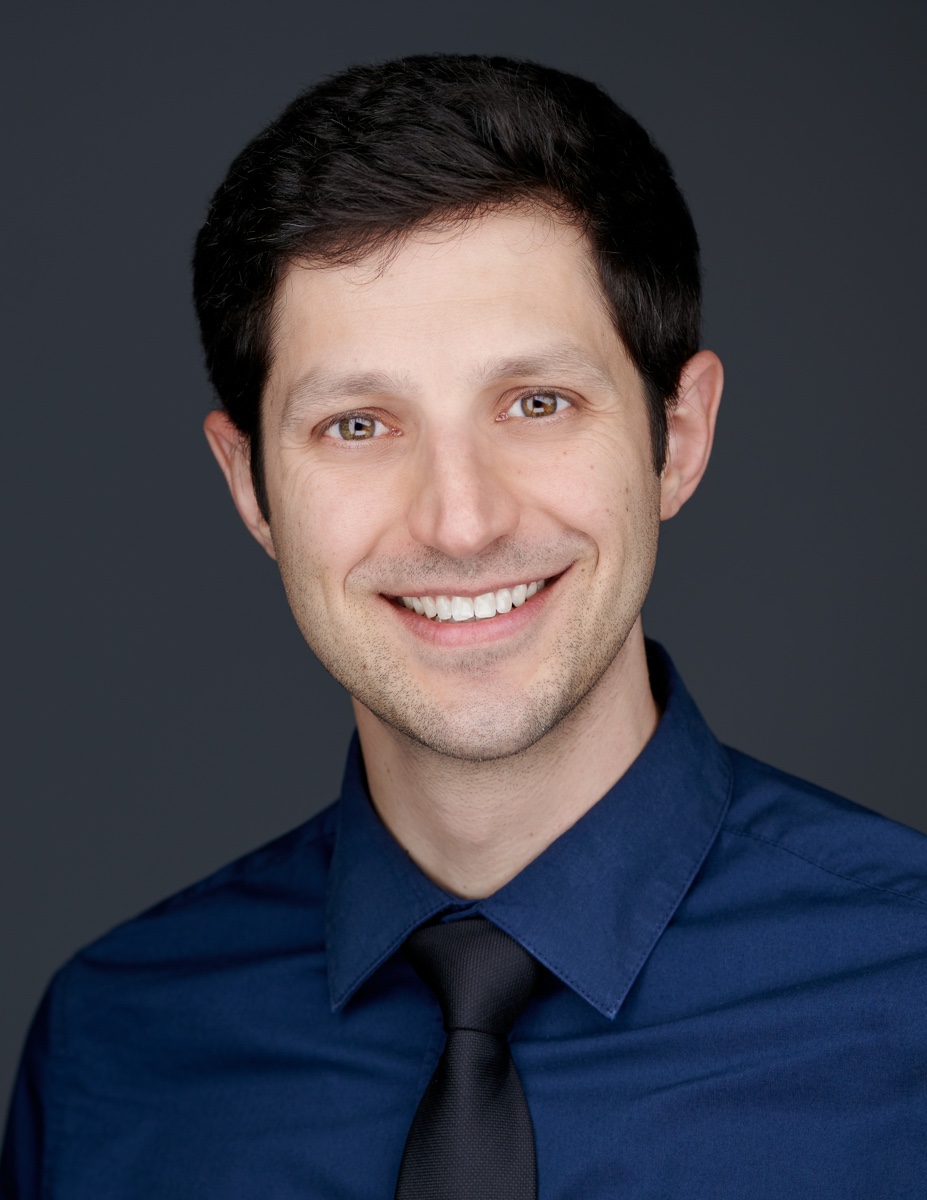They call it “the fateful beer.”
On an April evening in 2018 Ryan Van Patten, Ph.D., ABPP, and John Bellone, Ph.D., ABPP – then both psychology trainees at Brown – met for a drink at one of Providence’s harborside restaurants and hatched a plan to create the first-ever podcast on neuropsychology.
It was a great idea that was likely to fail.
“There’s a major percentage of podcasts that don’t make it past eight episodes,” said Bellone, now a clinical neuropsychologist at Kaiser Permanente in San Bernardino, Calif. “That’s the point where it starts becoming more work and less fun.”
But Van Patten and Bellone would match their enthusiasm with equal energy. Together, they created NavNeuro, a podcast that has since churned out 150 episodes garnering 1 million unique downloads from listeners worldwide. As co-hosts, they have interviewed more than 90 experts on the show, many of them luminaries in neuropsychology. And now Bellone and Van Patten are often recognized at conferences themselves – sometimes just by voice.

Their synergy is due, in many ways, to the Clinical Psychology Training Programs at Brown that brought them together.
“It’s a collaborative, intellectually rich environment,” said Van Patten, a clinical neuropsychologist at the Providence VA Medical Center and an assistant professor of psychiatry and human behavior at Brown. “That atmosphere made it easier for us to start talking to each other. We had a good community.”
And yet, what's perhaps most unlikely about the pair's success is that at the time they committed to the podcast, they were little more than acquaintances.
If Batman and Robin were “Huge Nerds”
Van Patten and Bellone first met in training didactics. Through polite chit-chat, they discovered they were both “huge nerds” who listened to podcasts on everything from philosophy to astronomy to neuroscience. Van Patten then did an internship rotation at the Providence VA Medical Center, where Bellone was a postdoc. One day, their mutual mentor Stephen Correia, Ph.D., ABPP, gathered the neuropsychology trainees to listen to and discuss an episode of a neurology podcast. Van Patten commented that he wished a similar podcast existed for neuropsychology. No one responded. But he read Bellone’s mind.
“I had been wanting to do something like that for a while,” Bellone said. “But I wouldn’t have done it on my own. He calls me his Robin, but I needed a Robin, too.”
A few days later, Bellone invited Van Patten out for their fateful beer. When he suggested they make a podcast together, Van Patten leapt at the idea. It was only in the brisk air of the walk home that Van Patten realized he didn’t know that much about Bellone. He texted a mutual friend in the program to ask if Bellone would make a good partner. (Fortunately, Bellone checked out.)
Then there was the tiny detail that neither of them knew how to make a podcast.

“It was a lot of new learning, but we were both still trainees and that’s what we do,” Bellone said. “We’re professional learners.”
They each researched the basics for starting a podcast – recording equipment, audio software, website platforms, media hosting services – then met after work to share what they’d learned. The training program’s work-life balance made it possible.
“We weren’t so overworked with writing reports and seeing patients that we had the time and ability to have these conversations,” Van Patten said.
The program supported them in other ways, too. Fellow trainees weighed in on logo designs and theme music. Correia, their mentor, encouraged them to create an advisory board to help with editorial decisions.
Ultimately, though, they had to trust each other. They estimate they each put in $1,000-$2,000 to cover startup costs. They decided that going forward, Van Patten would create literature reviews and episode outlines and Bellone would handle the tech side, editing the podcast and maintaining the website.
“We each gravitated toward our roles and backed each other up,” Van Patten said.
In June 2018, they recorded their first episode in Van Patten’s apartment with Correia as the guest. A few months later, NavNeuro made its official debut.
Going Global
Over the next year, NavNeuro grew from a shoestring operation to a widely recognized podcast in neuropsychology. The time was ripe, Bellone and Van Patten thought, to approach the International Neuropsychology Society (INS) about partnership possibilities.
Bellone and Van Patten, who had both moved to California after training at Brown, reached out to Marc Norman, Ph.D., ABPP, the executive director of INS, for a meeting in his San Diego office. When they arrived, Norman joked that his trainees were giddy they were there. Everyone seemed to know their podcast.
“This is the only place in our lives that we ever have that amount of fame,” Bellone said.
INS became an official sponsor of NavNeuro, offering continuing education credits to practitioners for listening to episodes. The international partnership has helped NavNeuro attract listeners from over 100 countries; a third of its audience now hails from outside North America.

That diverse listenership includes not just established neuropsychologists, but also newcomers to the field. At one point Bellone and Van Patten started hearing from listeners who wanted to learn how to pursue neuropsychology professionally. In true form, Bellone pitched Van Patten on a new idea: “What if we wrote a how-to book?” The result: “Becoming a Neuropsychologist: Advice and Guidance for Students and Trainees.”
“We’re the kind of people who, if we won the lottery, we’d probably be on an island doing projects like these,” Bellone said. “We wouldn’t just sit on our hands. We have an inherent motivation.”
In 2020, Van Patten moved back to the East Coast, and now the pair records their episodes remotely with guests over Zoom. After interviewing a big-name guest – like, say, Bellone’s “academic crush” Kevin Duff, Ph.D., ABPP – they text excitedly back and forth to recap the experience.
It’s a reality they could have hardly imagined when they first began – a time when they thought 30 downloads for an episode would signal success.
“Normally, if I’m talking and one person is listening, I’m lucky,” Van Patten said. “Relative to any talk we might give in our professional lives, we figured 30 would be great.”
Today, they have several episodes with over 10,000 downloads and no plans of stopping.
“We’re growing by virtue of continuing to release free, high-quality, science-based content,” Van Patten said. “We’ll keep doing it until we lose the power of speech.”